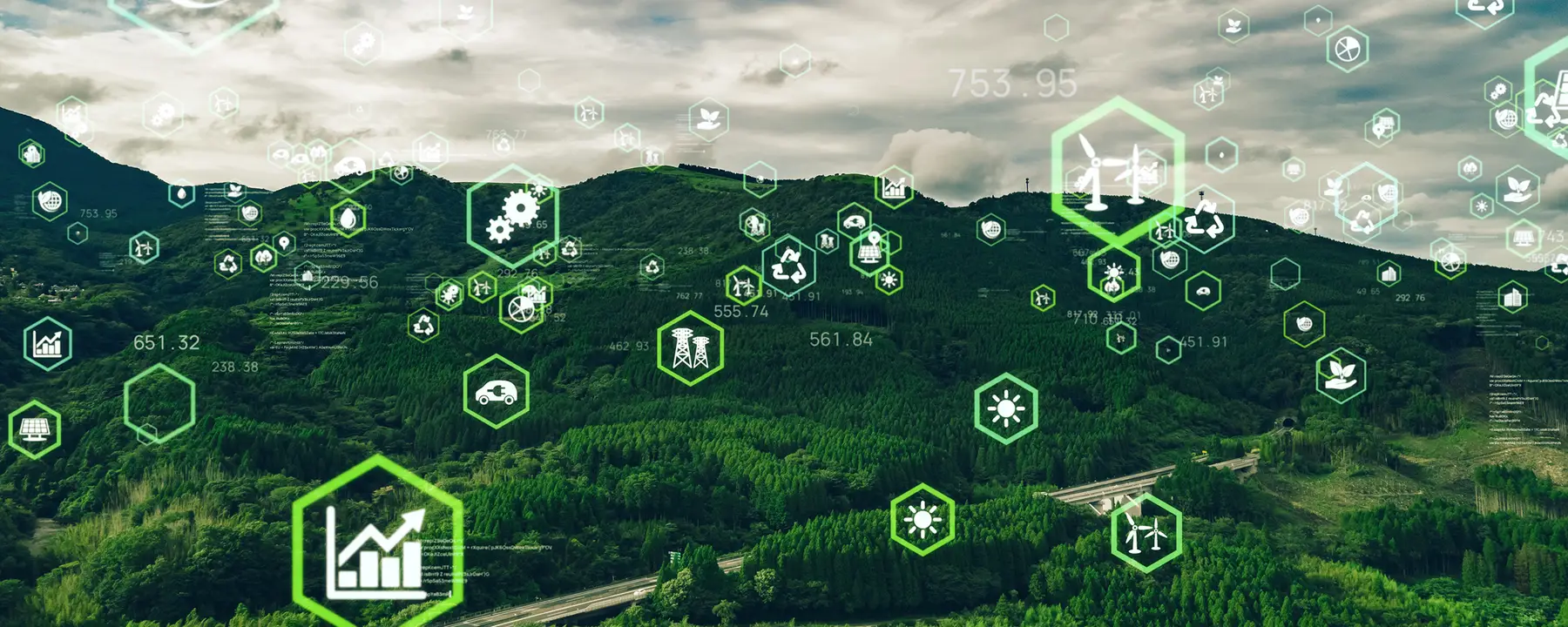ISO 50004 Energy Management Systems Implementation Modeling Test
The ISO 50004 standard provides a framework for organizations to implement, operate and maintain an energy management system (EMS). This service focuses on the modeling aspect of ISO 50004, which is critical in assessing and improving the efficiency of various processes within an organization. The modeling test evaluates how well an EMS has been implemented by simulating real-world scenarios under controlled conditions to measure actual performance against expected outcomes.
The process begins with thorough consultation between the client and our team to understand specific goals and objectives related to energy management. From there, we develop a customized approach tailored specifically for your organization's unique needs. Our experts use advanced software tools and methodologies to create detailed models that accurately represent your operations. These models serve as blueprints used during both initial implementation phases and subsequent audits.
A key component of this testing involves reviewing existing data inputs such as consumption patterns, operational schedules, and historical records. By analyzing these factors alongside industry benchmarks provided by ISO 50004, we can identify areas where improvements could be made. Additionally, our team will assess compliance with relevant regulations and best practices outlined in the standard.
The output of this service includes comprehensive reports detailing findings along with recommendations for enhancing your EMS's effectiveness. This information is invaluable when making strategic decisions about future investments or changes aimed at reducing overall energy consumption without sacrificing productivity or quality standards.
Scope and Methodology
The scope of this service encompasses several key areas necessary for successful implementation and optimization of an EMS according to ISO 50004. It involves creating detailed models that accurately reflect current operational practices, identifying potential improvements through comparative analysis against industry standards, ensuring full compliance with applicable laws and guidelines, and producing actionable insights via detailed reports.
Our methodology follows a structured approach involving multiple stages:
- Initial consultation to gather necessary information about your organization's specific requirements;
- Data collection and preparation using various sources including internal records and external benchmarks;
- Model development employing appropriate software tools and techniques;
- Validation of models against real-world data sets;
- Critical evaluation of results compared with established targets;
- Preparation of final reports containing recommendations for enhancing your EMS.
This comprehensive process ensures that every aspect of your organization's energy management practices is thoroughly examined and optimized. Our team works closely throughout each stage to ensure accuracy, reliability, and relevance of the results produced.
Industry Applications
| Industry Sector | Description of Application |
|---|---|
| Manufacturing | Evaluating production processes to minimize resource usage while maintaining output levels. |
| Construction | Optimizing design and construction methods to reduce environmental impact during project lifecycle. |
| Transportation | Analyzing fleet performance to enhance fuel efficiency without compromising safety or service reliability. |
| Utilities | Assessing distribution networks for optimal energy flow and reduced loss during transmission. |
| Agriculture | Improving irrigation systems to conserve water resources while sustaining crop yields. |
The applications listed above demonstrate the versatility of this service across different industries. By focusing on specific challenges faced by each sector, we provide targeted solutions that align with broader sustainability goals.
Why Choose This Test
Selecting ISO 50004 Energy Management Systems Implementation Modeling Test is essential for organizations committed to reducing their environmental footprint and improving operational efficiency. Here are some compelling reasons why choosing this service can benefit your business:
- Compliance Assurance: Ensures strict adherence to internationally recognized standards, which enhances credibility among stakeholders.
- Data-Driven Insights: Provides valuable data on current performance and future projections enabling informed decision-making processes.
- Cost Savings: Identifies opportunities for cost reduction through optimized resource utilization leading to significant financial savings over time.
- Sustainability Leadership: Demonstrates leadership in sustainable practices attracting customers, investors, and partners who value environmental responsibility.
- Operational Excellence: Helps identify inefficiencies that could be addressed promptly resulting in improved operational performance across all departments.
- Risk Mitigation: Allows proactive identification of risks associated with energy use enabling timely mitigation strategies to avoid disruptions or penalties.
By investing in this service, you not only meet regulatory requirements but also position your organization as a leader in sustainable practices. The benefits extend beyond compliance; they contribute positively towards long-term business success by fostering innovation and efficiency.





